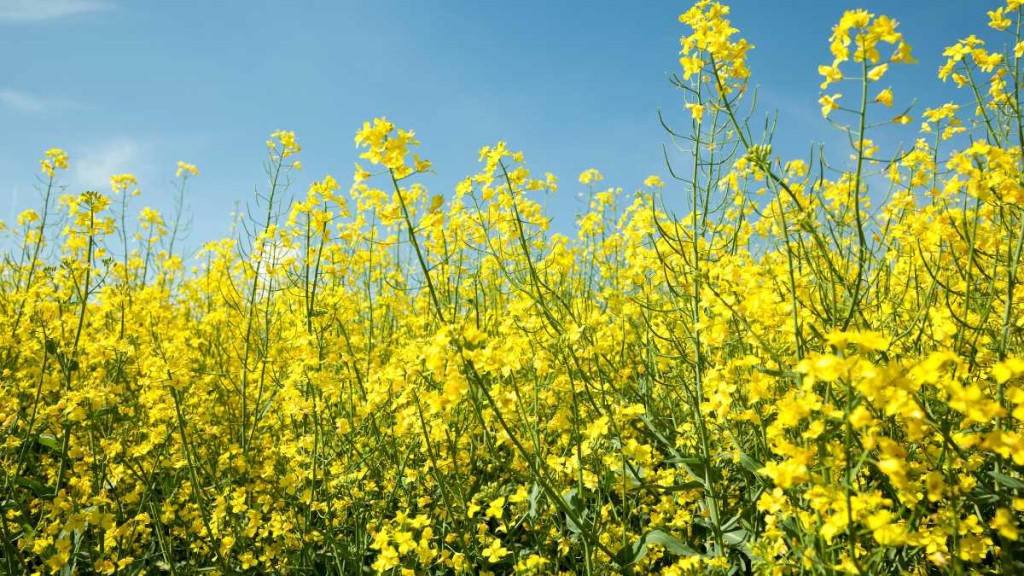China has initiated a formal investigation into Canadian canola imports, heightening trade tensions between the two nations. This move, which could potentially lead to new tariffs on a vital Canadian export, follows Canada’s recent decision to impose new border taxes on Chinese-made electric vehicles, steel, and aluminium.
The investigation into Canadian canola comes just a week after Canada announced tariffs on various Chinese goods. Beijing has also announced its intention to challenge these tariffs at the World Trade Organization (WTO), labelling them as “discriminatory” and “unilateral”.
The Canadian Minister of Agriculture expressed significant concern over China’s decision, stating that the investigation is being closely monitored by the Canadian government. This latest development is part of a broader trend where multiple countries, including the US and European Union, are implementing barriers against Chinese-made electric vehicles.
Canadian Prime Minister Justin Trudeau had previously criticised Chinese practices, accusing China of creating an unfair advantage in the global market. Western nations argue that Chinese firms benefit from substantial government subsidies, which enables them to sell products at lower prices, a practice known as “dumping.” This, they claim, undermines fair competition.
In response, China has pointed to a dramatic increase in Canadian canola imports—up by 170% since 2023—as evidence of market distortion. The Chinese Ministry of Commerce has stated that prices for canola have “continuously fallen,” prompting the probe to safeguard Chinese companies’ interests.
China’s investigation into Canadian canola is not an isolated incident. The country has previously launched probes into European pork and dairy products and recently chose not to impose tariffs on French cognac despite accusations of dumping.
Canola, or rapeseed, is a significant agricultural product for Canada, contributing about 25% of the country’s farm crop receipts, according to the Canola Council of Canada. The majority of Canadian canola is exported, including raw seeds, oil, and meal used in cooking, animal feed, and biofuels. Last year, Canadian canola exports to China were valued at approximately CAD 5 billion (£2.8 billion), making China the second-largest market after the United States.
This situation echoes previous trade disputes involving Canada. Notably, Beijing had blocked exports from two major Canadian grain companies for three years, following the arrest of Huawei CFO Meng Wanzhou in Vancouver in 2018.
Canadian Agriculture Minister Lawrence MacAulay has reaffirmed support for Canadian farmers, emphasizing their reliance on a rules-based global trading system. He described China’s move as “deeply concerning” and assured that Canada will continue to support its agricultural sector through these challenges.



